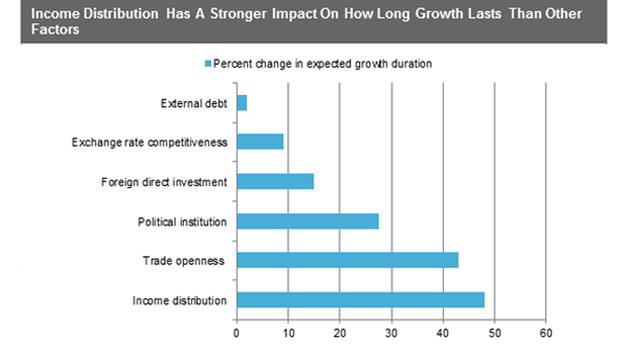
<a href="http://www.thinkstockphotos.com/image/stock-photo-growing-up/162414527/popup?sq=height%20chart/f=CPIHVX/s=DynamicRank">BrianAJackson</a>/ThinkStock
Amid the raging, only-in-August debate over whether it is ever okay to recline your airplane seat, a good dose of schadenfreude has been directed at the vertically advantaged, as summed up by this tweet from one of my own bosses:
Tall people: the pain you feel when someone reclines their airline seat is a small taste of your lifelong privilege: http://t.co/up4wZ5Caql
— Clara Jeffery (@ClaraJeffery) August 27, 2014
It’s true: Being of above average height, particularly if you’re a man, does come with significant perks beyond having your own weather patterns. As a 2004 paper on the economic advantages of height explains, researchers have found that taller people are seen as more persuasive, more attractive, and more likely to become leaders: “Indeed, on the latter point, not since 1896 have U.S. citizens elected a President whose height was below average; William McKinley at 5 ft 7 in. (1.7 m) was ridiculed in the press as a ‘little boy’.” That paper calculated that a 6-foot-tall person can expect to earn $166,000 more over a 30-year career than someone who is 5-foot-5. In another 2004 article, researchers concluded that “a sizable fraction of the population” might consider taking Human Growth Hormone as teenagers to ensure bigger paychecks as adults. (They estimate that teens see a 1.9 to 2.6 percent increase in future earnings for every additional inch of height.)
That tall dudes get an extra leg up in the job market is borne out by data from the Centers for Disease Control’s Behavioral Risk Factor Surveillance System, a survey of more than 500,000 Americans’ health and demographics.
The average American adult male is 5-foot-9. According to a crosstabulation of the CDC’s 2011 data, men of slightly below-average height are at an income disadvantage: Around 28 percent of men between 5’5″ and 5’8″ earn $35,000 or less, compared with 19 percent of men between 5’9″ and 6’0″. And at the other end of the scale, 56 percent of men between 5’5″ and 5’8″ earn $50,000 or more, compared with 66 percent of men between 5’9″ and 6’0″.
And the really tall guys tower over everyone else: Just 5 percent of them earn less than $20,000, and nearly 69 percent earn $50,000 or more. And the really short guys have it rough: 35 percent earn less than $20,000 while 23 percent earn $50,000 or more.
The height-income gap for women isn’t quite so stark—or predictable. The average height for women is 5-foot-4. Around 31 percent of women between 5’1″ and 5’4″ earn $35,000 or less, compared with around 26 percent of women between 5’5″ and 5’8″. And 53 percent of women between 5’1″ and 5’4″ earn $50,000 or more, compared with 58 percent of women between 5’5″ and 6’8″.
Yet unlike men, women beyond a certain height pay a penalty. Women between 5’5″ and 5’8″ are more likely to earn more than $50,000 than women over six feet. And, surprisingly, women over six feet are more likely to earn less than $20,000 than women of average height. However, women under 5’1″ are far more likely to earn less than $35,000 than taller women. But compared to their male counterparts, they do better—they’re more likely than the very shortest men to earn more than $75,000.
What does any of this have to do with modern air travel? Nothing. Just don’t be a jerk.












